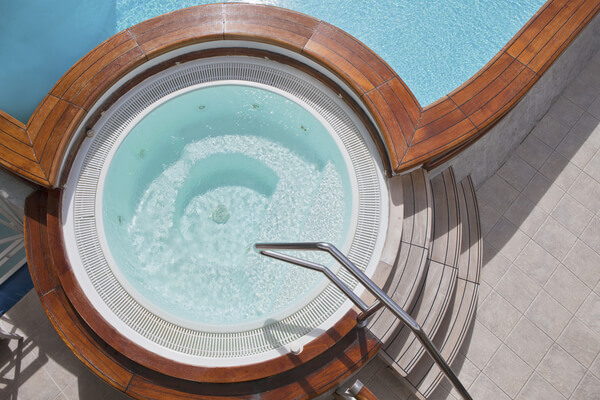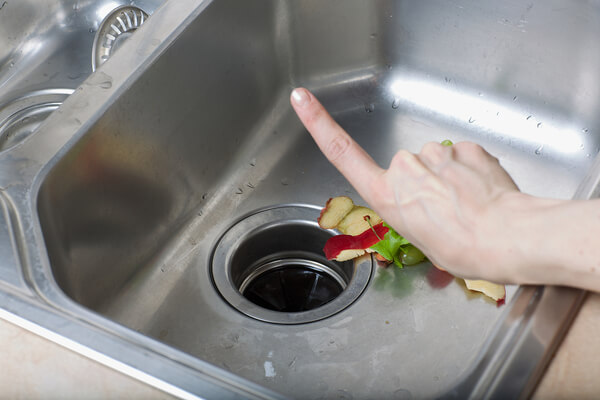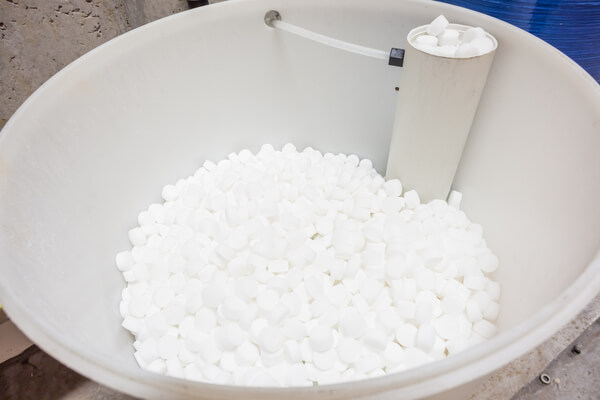Appliances have become an integral part of our everyday lives. We have washing machines that wash our clothes, dishwashers that clean our dishes, and refrigerators that keep our food fresh. Such appliances are a staple in just about every American home and will continue to be for a long while.
Septic tank owners know that they cannot use certain appliances as loosely as homeowners with public sewage. Dishwashers and washing machines are known for consuming excessive amounts of water and have the potential of quickly overflowing a septic tank. Adding to the list of possible septic tank hazards are the following.
Hot Tubs

Who doesn’t want a hot tub? They are some of the most relaxing creations known to man. They also pose the greatest dangers to septic systems. Many homeowners connect their hot tubs to the wastewater system in an honest effort to filter water before distributing it in the soil. This is not the best idea.
The high chlorination levels of hot tubs can kill septic tank bacteria that is meant to break down sludge. We suggest that you do not connect your hot tub to the septic system. Instead, drain it away from the drain field to avoid flooding.
Garbage Disposals

Garbage disposals are as convenient as they are detrimental to septic tanks. Regular use of garbage disposals can add as much as double the amount of solid waste to your septic tank. This disallows septic bacteria from efficiently breaking down sludge and reducing solid waste levels.
Excess solid waste can result in costly repairs. By not using garbage disposals or using them less often, you prolong the life of your septic tank. Less solid waste allows septic tank bacteria to work efficiently. Your system will ultimately require less frequent pumping and be able to function without interruption.
Water Softeners

Water softeners are an unnecessary stress to your septic system. They add a considerable amount of water to your septic tank which can easily cause it to overflow. They can also prevent solid waste from being able to settle at the bottom of the tank. This causes sludge to bypass the baffle and flow through the outlet. The solid waste can clog drain field pipes and cause the drain field to flood.
Their sole function is to remove hardness from water (calcium and magnesium ions) and replace them with sodium ions. Salt is among the list of additives water softeners remove. Salt in the septic tank can disrupt the sludge breakdown process and also cause the tank to overflow. The only way a homeowner can combat such issues is through constant septic pumping and the use of septic tank treatment.
If you have any of these appliances, you can benefit from the use of Maxx’s Products. Maxx’s Products offers eco-friendly treatment that replenishes bacteria levels in the septic tank and dissipates pipeline build-up. Browse our highly efficient premium products and place your order today!
